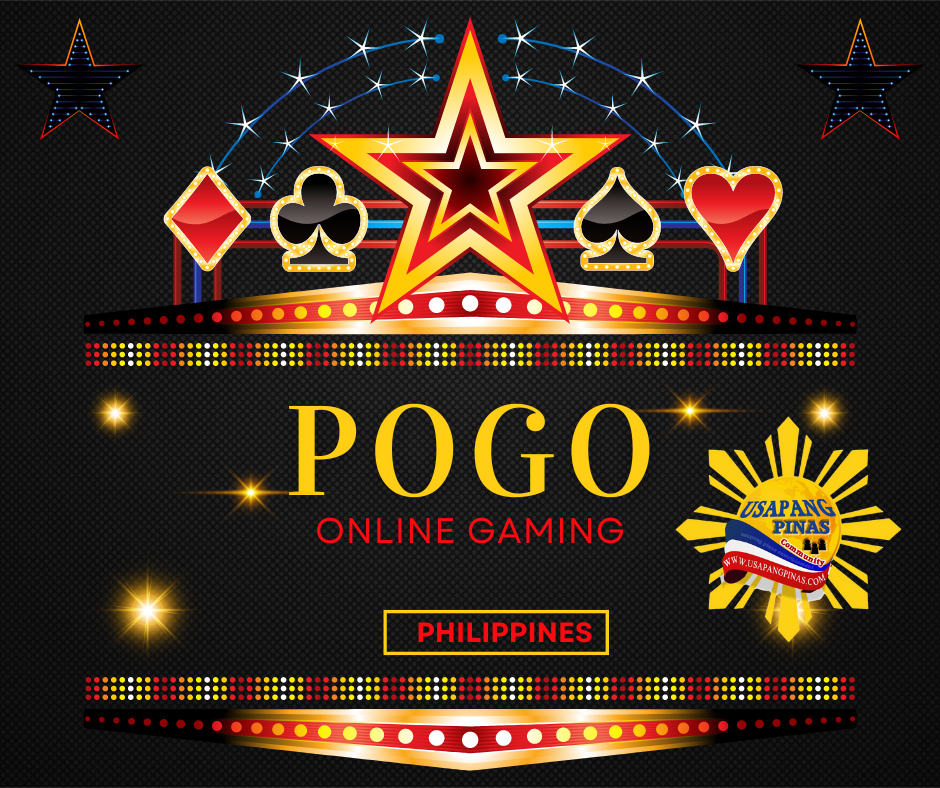How the POGO Industry Evolved in the Philippines
Early Beginnings
The Philippine Offshore Gaming Operators (POGO) industry has its roots in the early 2000s. Initially, offshore gambling operations in the Philippines were largely unregulated, with operators offering online gambling services to international clients without formal oversight. This period saw limited government intervention and a lack of standardized regulations, which allowed the industry to grow in a somewhat haphazard manner [1].
Formalization and Regulation (2016 Onwards)
A significant shift occurred in 2016 when the Philippine government, under President Rodrigo Duterte’s administration, decided to regulate the burgeoning industry. The Philippine Amusement and Gaming Corporation (PAGCOR) was tasked with overseeing and formalizing the POGO sector. This move aimed to harness the economic potential of the industry while ensuring it operated within legal and ethical boundaries [2].
PAGCOR introduced a licensing regime, requiring operators to obtain official permits to conduct their business. This regulatory framework includes stringent requirements for data security, financial transparency, and responsible gaming practices. The introduction of these regulations marked the beginning of a more structured and controlled POGO industry.
Rapid Growth and Economic Impact
Following the formalization, the POGO industry experienced rapid growth. By 2024, there were 46 licensed POGO operators in the Philippines. The sector became a significant contributor to the national economy, generating substantial revenue through licensing fees and taxes. Additionally, the industry created thousands of jobs, both directly within the POGO operations and indirectly in related sectors such as real estate, hospitality, and retail [3].
The influx of foreign workers, particularly from China, also had a notable impact on the local economy. Real estate markets in urban areas like Metro Manila saw increased demand for office spaces and residential units, driven by the needs of POGO companies and their employees.
Challenges and Controversies
Despite its economic contributions, the POGO industry has faced numerous challenges and controversies. Issues such as tax evasion, illegal operations, and security concerns have plagued the sector. There have been multiple reports of POGO operators being involved in criminal activities, including money laundering, human trafficking, and even espionage [4].
In response to these challenges, the Philippine government intensified its regulatory efforts. PAGCOR implemented stricter compliance measures, including enhanced background checks for operators and employees, more rigorous financial reporting requirements, and increased penalties for violations. These measures aimed to curb illegal activities and ensure that the industry operated within the bounds of the law.
Legislative Actions and Future Outlook
Philippine lawmakers have played a crucial role in shaping the future of the POGO industry. Legislative actions have focused on addressing the various issues associated with the sector, from tax compliance to security concerns. Some lawmakers have even called for a complete ban on POGOs, citing the risks and negative impacts associated with the industry [4].
Despite these challenges, the POGO industry continues to evolve. The future of POGOs in the Philippines will depend on the effectiveness of regulatory measures and the industry’s ability to address its inherent risks. If managed properly, the POGO sector could continue to contribute to the Philippine economy while minimizing its negative impacts.
Notes:
The POGO industry in the Philippines has undergone significant evolution since its early days. From unregulated beginnings to a more structured and regulated sector, POGOs have become an important part of the Philippine economy. However, the industry must navigate ongoing challenges and controversies to ensure its sustainable growth and positive impact on the country.
References
When did POGO start in the Philippines? Who are the industry players? [1]
Philippine Offshore Gaming Operator – Wikipedia [3]
“POGO Mayor” Alice Guo story grips attention of the Philippine public [4]
China’s Clandestine Gamble in the Philippines – The Diplomat [2]

